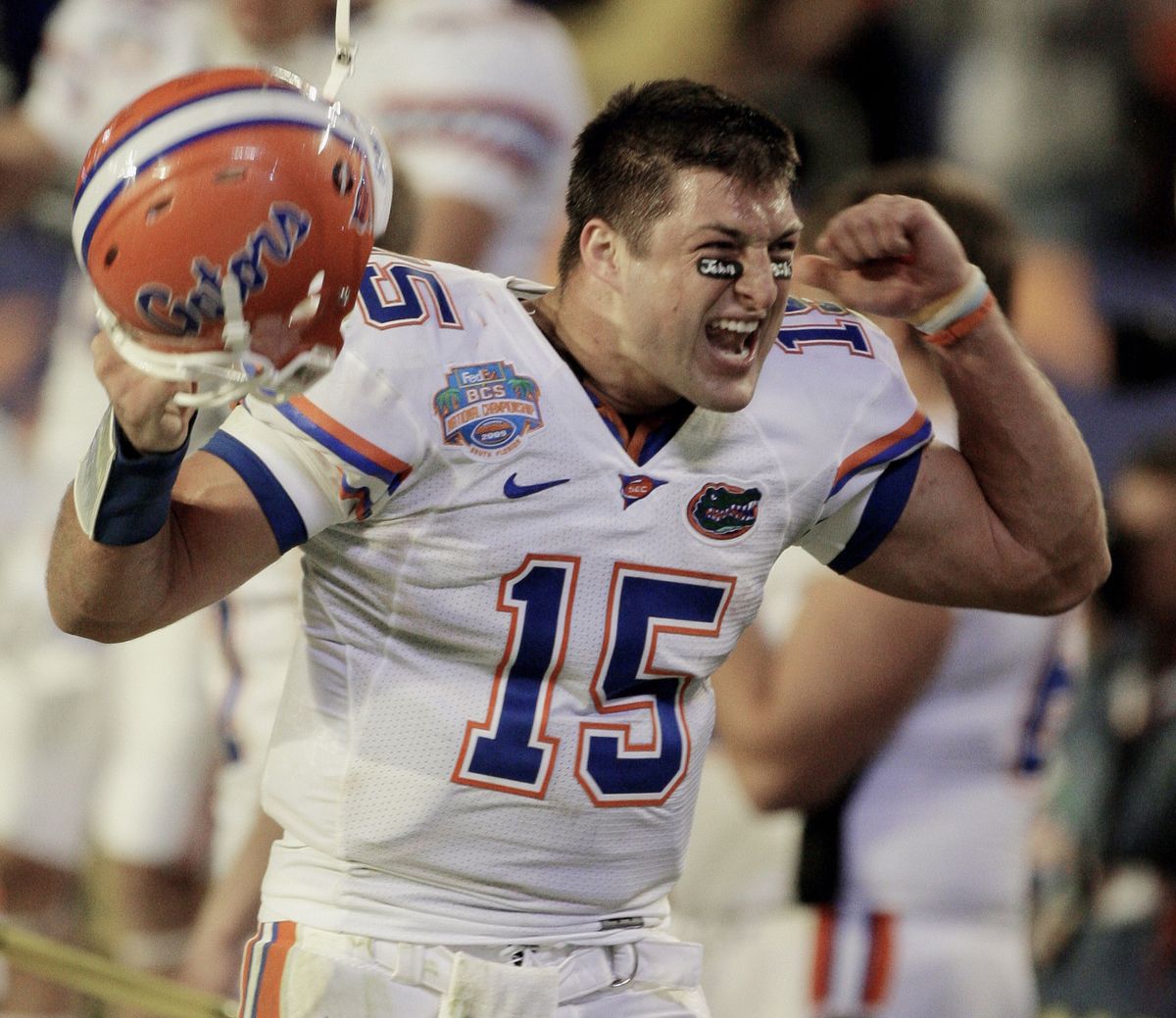BCS shakedown
Traditional hosts face new competion for title game

FORT LAUDERDALE, Fla. - Every fourth year, South Floridians could count on hosting college football’s two best teams in the too-big-for-campus spectacle that is the Bowl Championship Series National Championship Game.
Those days will soon be over.
A new system has brought new rules and new players into the BCS. That could mean the 2013 BCS National Championship Game, which is to be played at Sun Life Stadium on Jan. 7, could be the last National Championship Game South Florida sees for a long time.
After years of protest and clamor for a college football playoff, the organizers of the Bowl Championship Series gave in, and following the 2014 regular season there will be a four-team tournament to decide the national champion.
Six bowls - believed to be the Sugar (New Orleans), Rose (Los Angeles area), Fiesta (Phoenix area), Chick-Fil-A (Atlanta), Cotton (Dallas-Ft. Worth) and Orange Bowls - will rotate hosting the two national semi-final games. The four bowls that are not semifinals will be filled in a similar fashion to the current BCS format. That’s the good news for South Florida.
The bad news is that while BCS organizers were rewriting rules of college football’s postseason, they added an extra bit of flavor.
The national champion will continue to be decided in a stand-alone game, but, unlike in years past when the game would be held exclusively in a BCS bowl host city, future BCS National Championship Games will go the city with the best bid.
The command economy of years past will become a free market. The bidding process, similar to that of the Super Bowl or Final Four, could put the National Championship Game in a city that doesn’t host an annual bowl game.
So instead of being granted the biggest game of the year the Orange Bowl committee - who put on not only their eponymous game, but also the National Championship Game when it’s in South Florida - will have to prove that Sun Life Stadium and the South Florida community can host a better college football experience than cities like Dallas, Indianapolis and perhaps even New York.
“We’ve heard from 12 to 15 different cities, informally, about hosting a National Championship game,” BCS executive director Bill Hancock said. “It’s the usual suspects.”
The ‘usual suspects’ is code, meaning cities that bid for the Super Bowl. And while not all will be selected, the selection pool will grow significantly in comparison to years past.
Orange Bowl committee vice president and spokesman Larry Wahl isn’t sure when the Orange Bowl will enter the bidding for another national championship game - there will likely be a break - but with South Florida bidding for the right to host Super Bowl 50 in 2016 - it would be the area’s 11th Super Bowl - Wahl is hoping to piggy-back, a bit, off of that bid.
“I’d imagine we’d be well-served to use the expertise of that Super Bowl Committee,” Wahl said.
“If we use their expertise and combine it with our expertise and connections in college athletics, I’d think we’d have a great shot.”
Hancock couldn’t think of any quality that would exclude South Florida from bidding for future title games, in fact he lauded South Florida’s rich college football tradition as a quality he hopes other bidding cities carry.
Still, with next month’s game being the second-to-last National Championship Game played under this BCS system, the Orange Bowl Committee is aware that the pressure is on.
“The importance of this year’s impression certainly serves to influence those who decide where the National Championship Game will be played in the future,” Wahl said. “You have to earn (a National Championship Game), and we’re looking to do that.”